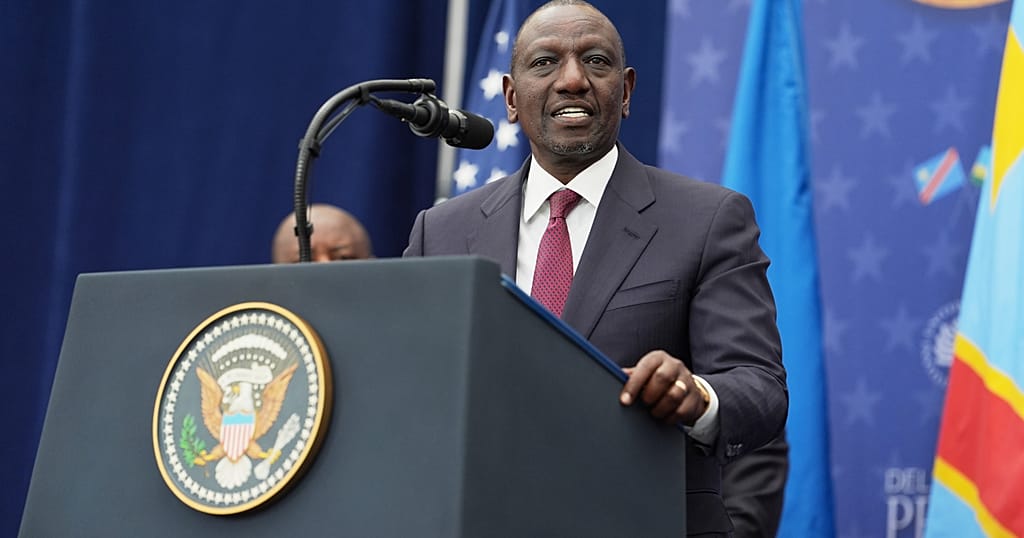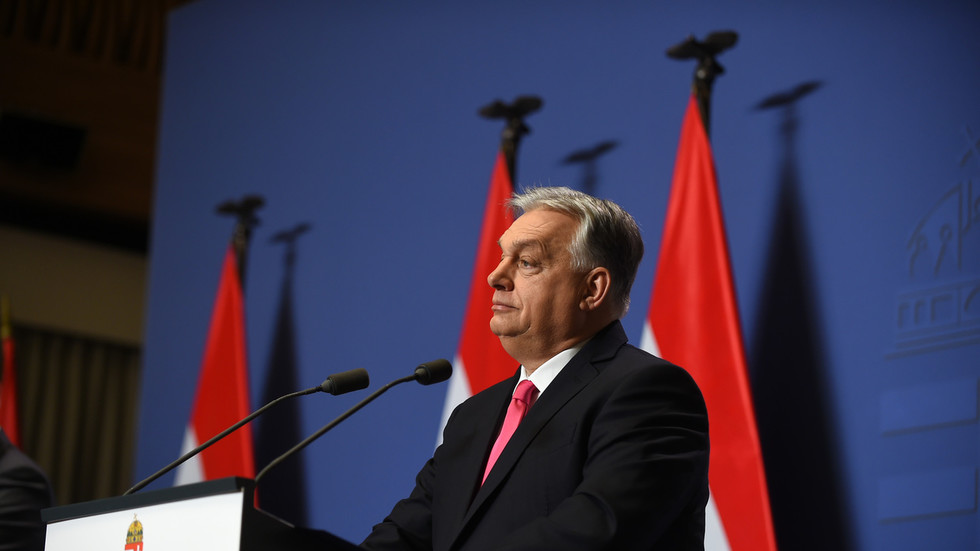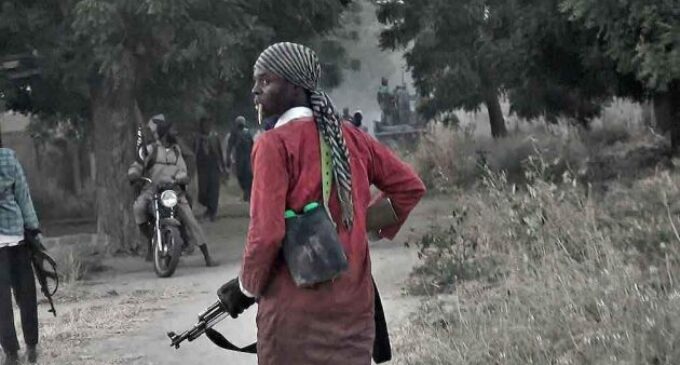For Sara*, surviving Sudan’s brutal conflict meant fleeing her home in Omdurman in 2023 as artillery fire raged between the army and paramilitary Rapid Support Forces. Her family’s harrowing escape through checkpoints controlled by armed groups left her haunted by memories of fear that “outpaced the gunfire.” Now displaced and safe abroad, she advocates for peace online, joining millions of Sudanese uprooted by the war. But her activism has drawn a new threat: relentless digital attacks. “Every time I open my laptop, my stomach sinks,” she says. “The hatred never stops.”
Her experience reflects a broader crisis. Sudanese women—particularly activists, journalists, and civil society workers—are enduring escalating online harassment designed to silence their voices. Anonymous groups spread disinformation, launch smear campaigns, and weaponize gendered stereotypes to undermine women’s participation in public life. Human rights defender Suzan Hussein notes that this digital violence mirrors Sudan’s cultural norms, where women challenging traditional roles face backlash. When Walaa al-Boushi became Sudan’s first female sports minister in 2020, for example, online mobs dismissed her qualifications, insisting the role “belonged to a man.” Similarly, protests erupted over Amna Ahmed Al-Makki’s historic appointment as River Nile State governor, with leaflets vilifying her gender rather than her policies.
“The war began with divisive rhetoric online, and now that hostility is focused on women,” says Hussein. Coordinated attacks often sexualize or distort women’s words, as seen in campaigns against peace advocate Hannan from the group Somoud. Sojoud El Garrai, a human rights coordinator, explains that such tactics aim to morally isolate women and deter younger generations from activism. The psychological toll is severe: many withdraw from public discourse, while others face bureaucratic persecution, like passport denials for those critical of the war.
Activist Mohassen Atem emphasizes that wartime polarization has intensified these abuses. Women advocating for peace or documenting atrocities risk becoming targets of both physical and digital violence. Over 12 million Sudanese have been displaced, with women disproportionately bearing the fallout—including sexual violence, economic hardship, and the burden of becoming sole providers for families. Mental health support remains scarce, leaving survivors like Sara struggling to cope. “Counseling is a luxury when I’m just trying to eat,” she admits.
Despite the risks, Sara persists. “They hate that I survived and still speak out,” she says. Advocates urge global attention to Sudan’s gendered digital violence, calling for legal protections, mental health resources, and media campaigns to counter hate speech. As Hussein stresses, silencing women’s voices only deepens the crisis: “Peace cannot come if half the population is erased from the conversation.”
*Name changed for security



